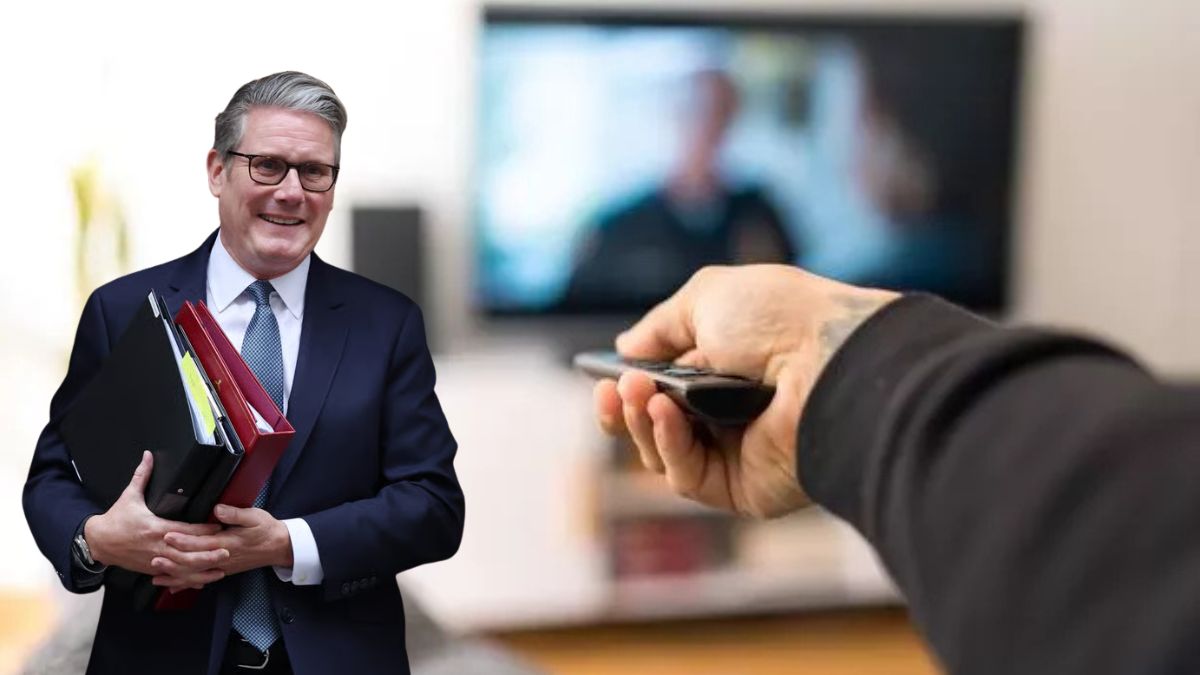The UK Government has officially confirmed a landmark decision: starting 1 January 2026, all pensioners aged 65 and above will be entitled to a free TV licence, regardless of income or benefits status.
This move follows years of debate and mounting pressure from advocacy groups who highlighted the growing financial strain on older citizens. Until now, only those over 75 and receiving Pension Credit qualified for the exemption. The change will now extend relief to millions of additional households, ensuring television remains affordable and accessible.
The Background – Rising Costs for Seniors
The cost-of-living crisis has disproportionately affected pensioners, many of whom rely solely on their state pension or modest private savings. With essential expenses such as food, energy, and healthcare increasing, the annual £169.50 TV licence fee (2025 rate) became another burden.
For many elderly citizens—especially those living alone—television is not just entertainment, but a lifeline to information, news, and social connection. The universal free TV licence ensures that no pensioner is left behind.
Who Is Eligible Under the New Policy?
The government has removed all previous restrictions. From January 2026, any UK resident aged 65 or older will qualify.
This includes:
- All retirees, regardless of whether they receive state or private pensions.
- Individuals living alone or with a partner.
- Pensioners already holding a valid TV licence in 2025 (refunds or credits will apply).
The removal of means-testing is a significant step, providing fairness and consistency across the pensioner population.
When Will the Free TV Licence Start?
The policy will be rolled out from 1 January 2026. Pensioners who already paid for a licence covering 2025 or part of 2026 will receive either:
- An automatic refund, or
- Pro-rata credit applied toward future renewals.
Further details on refunds will be issued by the TV Licensing authority later in 2025.
How to Apply for a Free TV Licence
The process will be designed to be simple and accessible:
- Online Application – via the official TV Licensing website.
- Telephone Support – a dedicated helpline for those needing assistance.
- Postal Applications – available for pensioners without digital access.
Applicants will need to provide proof of age (e.g., passport, driving licence, or birth certificate). The government has assured pensioners that no complicated paperwork will be required.
Financial Impact – How Much Will Pensioners Save?
The annual savings are significant. With the current cost at £169.50 per year, pensioners will save nearly £170 annually.
For those on fixed incomes, these savings can be redirected to cover heating, groceries, medication, or other essentials—making a tangible difference in everyday life.
Why Did the Government Approve This Change?
The decision followed strong lobbying from advocacy groups and pensioner organisations. Their arguments included:
- Life expectancy challenges – many seniors live longer but on tighter budgets.
- Social isolation risks – TV serves as a vital connection for elderly individuals.
- Public demand – opinion polls consistently showed support for free licences.
Ultimately, ministers decided the social benefits outweighed the financial cost, framing the change as part of their commitment to senior welfare.
Impact on BBC Funding
A key concern was the financial hit to the BBC, which relies on TV licence fees for much of its funding. To address this, the government has agreed to partially subsidise the BBC, ensuring no reduction in programming or services.
This compromise balances pensioner relief with maintaining a stable broadcasting service.
Public Reaction – Overwhelmingly Positive
The announcement has been widely celebrated. Pensioners and their families described it as a “long-overdue relief,” while charities praised the government for recognising TV as more than a luxury.
Although economists caution about the long-term cost to public finances, the social and political response has been strongly favourable.
What If You Already Paid for a Licence?
Pensioners aged 65 and above who prepaid for 2025 or beyond will not lose out. They will be offered:
- A refund for unused months, or
- A credit balance against future renewals.
Refund claim instructions will be announced closer to the rollout date.
Will the Policy Be Permanent?
The government has assured the public that the scheme is permanent, though like all policies, it could be reviewed by future administrations. For now, pensioners can plan their finances with certainty.
Practical Tips for Pensioners
- Check eligibility early: Confirm your age and ensure your documents are valid.
- Use only official channels: Beware of scams that may emerge.
- Apply for refunds promptly: Keep receipts and records of existing payments.
- Stay updated: Monitor the TV Licensing website for the latest updates.
FAQs – UK Free TV Licence Policy 2026
Q1. Who qualifies for the free TV licence from 2026?
All UK residents aged 65 and above, regardless of income, pension type, or living arrangement.
Q2. When does the policy start?
It begins on 1 January 2026, with refunds or credits for those who have already paid beyond that date.
Q3. Do I need to apply, or will it be automatic?
You will need to apply online, by phone, or by post, but the process will be straightforward with proof of age.
Q4. How much money will pensioners save?
Each pensioner will save around £169.50 per year (2025 rate), though this may increase if licence fees rise.
Q5. Will this affect BBC programming and services?
No. The government will partially subsidise the BBC to ensure its operations remain unaffected.









